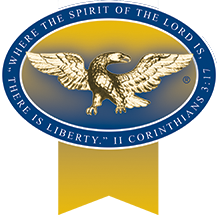Share your knowledge of this product with other customers... Be the first to write a review
|
Browse for more products in the same category as this item: Curriculum > Curriculum by Subject > Literature FACE Home Page |
